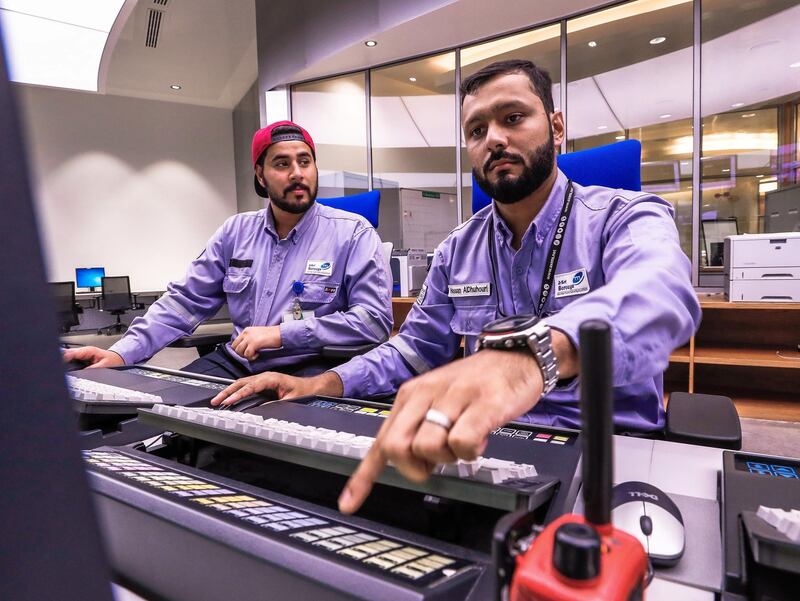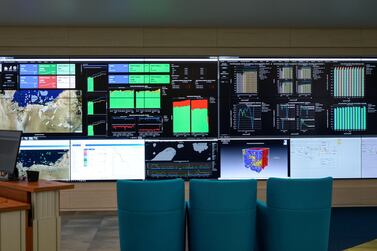A rapidly digitising oil and gas industry can offer a more technology-enabled workforce of the future the opportunities for a career utilising skills such as IT, programming and creative thinking.
According to a survey of more than 3,000 students, graduates and young professionals specialised in science, technology, engineering and mathematics – or Stem –subjects across 10 countries, oil and gas is less affected by technology than health care or aviation, for example. The study was commissioned by the Abu Dhabi National Oil Company.
However, millennial and Gen Z Stem talent from the region such as in Saudi Arabia (79 per cent) and the UAE (52 per cent) as well as other emerging economies such as China (67 per cent) and India (48 per cent) as well as commodity driven states such as Russia (53 per cent) showed a greater affinity towards jobs in the oil and gas sector.
"The more Stem millennials and Gen Zs associate oil and gas with new technologies, the more interested they will be in a career in the industry," said Dr Sultan Al Jaber, Adnoc Group chief executive and Minister of State.
"The oil and gas industry should position itself at the cutting edge of technology and showcase how breakthrough innovation is vital to every aspect of our business – across the upstream and downstream value chain," he added.
Of Stem specialists under 35 years of age, 44 per cent say they are interested in pursuing a career in oil and gas, according to findings from the Workforce of the Future survey.

The findings come amid a paradigm shift in the oil and gas industry since a slump in oil prices in 2016. Companies have been achieving efficiencies by increasingly leveraging technology, notably Big Data and artificial intelligence.
The use of Big Data in the oil and gas industry is set to rise 16.6 per cent between 2018 and 2026, according to Transparency Market Research. National oil companies in the region such as Adnoc have begun heavily investing in Big Data to generate cost and time savings. Adnoc has targeted the reduction of drilling time and the increase of efficiency savings from the use of advanced technological resources as part of its Oil and Gas 4.0 strategy.
While only 26 per cent of those surveyed believe that the oil and gas industry is technology driven, more common perceptions that were cited included its ability to pay well, its importance for a country's overall economic development and the indispensability of the sector.
Globally, among factors influencing recruitment of Stem-specialised millennials and Gen Z to the oil and gas industry is the perceived impact of new technology. Only 42 per cent of those surveyed thought new technology had a major impact on the industry in contrast to 56 per cent for health care and 47 per cent for aviation.
They prefer to work in technology (77 per cent), life sciences and pharmaceuticals (58 per cent) and health care (57 per cent).
About 58 per cent of the people surveyed perceived the oil and gas sector to be "blue collar" and associate it more with manual work, with only 38 per cent seeing it as a white-collar industry. Such jobs can be performed in an office or an administrative environment.
Emirati Stem talent view the oil and gas industry as more technogically advanced, with 77 per cent considering it an "industry of the future". Only 45 per cent of their global peers viewed it as such.








